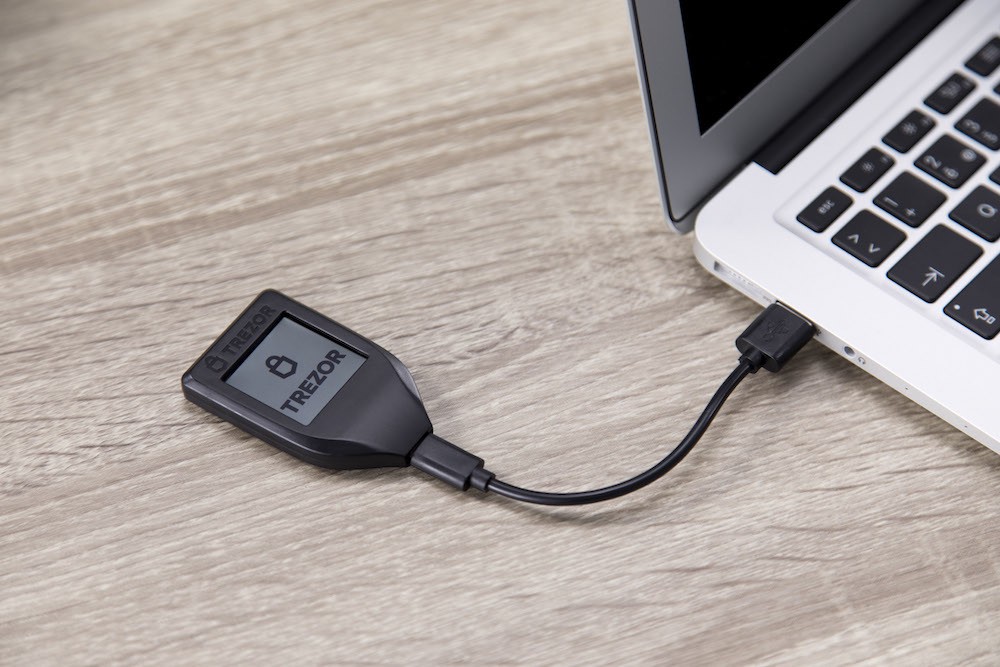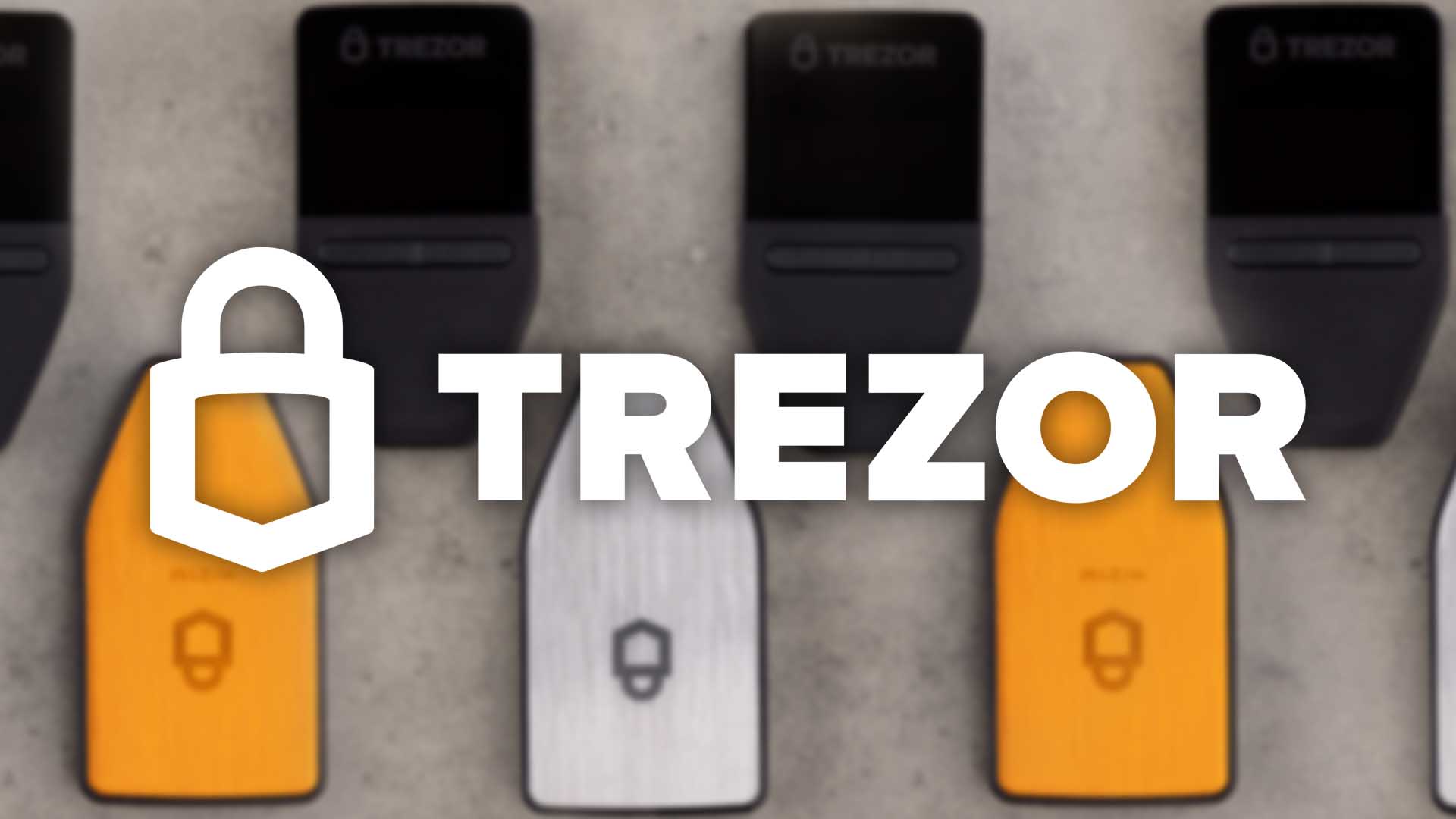To combat certain demand-affecting events, hardware wallet manufacturer Trezor will begin producing wallet silicon chips.
About Trezor
Trezor is a hardware cryptocurrency wallet designed to securely store and manage cryptocurrency assets.
It was created by SatoshiLabs, a Prague-based software development company, and was released in 2014 as one of the first hardware wallets in the market.
Trezor works by storing the user’s private keys, which are used to access their cryptocurrency funds, in a secure hardware device that is isolated from the internet and other potential security threats.
Trezor is on its way to optimizing wallet production
According to the announcement came on February 27, the manufacturer will embed its own newly developed chip wrapper in its forerunner, Trezor Model T. Other wallets will not feature the new chip.

A representative from Trezor stated:
“Model One has a different chip unaffected by the chip crisis. We plan to unify the chips for future models so all of them can be equipped with our new chip.’’
This critical decision by Trezor will speed up the production of new wallets; thus shortening lead times in the supply cycle from two years to a few months.
The move will also wipe out lateness in transporting Trezor wallets and will protect its users from changes in the price of Trezor wallets based on demand and supply.
The FTX collapse triggered a 300% increase in the demand for Trezor wallets as people were transferring their digital assets from centralized exchanges. Prior to this decision, Trezor had employed the services of chip producer STMicroelectronics.
In addition to increasing the speed at which Trezor can handle certain production conditions, the production of its chips will also allow Trezor to be more creative with its hardware wallets.
 Lifted A.
Lifted A.













